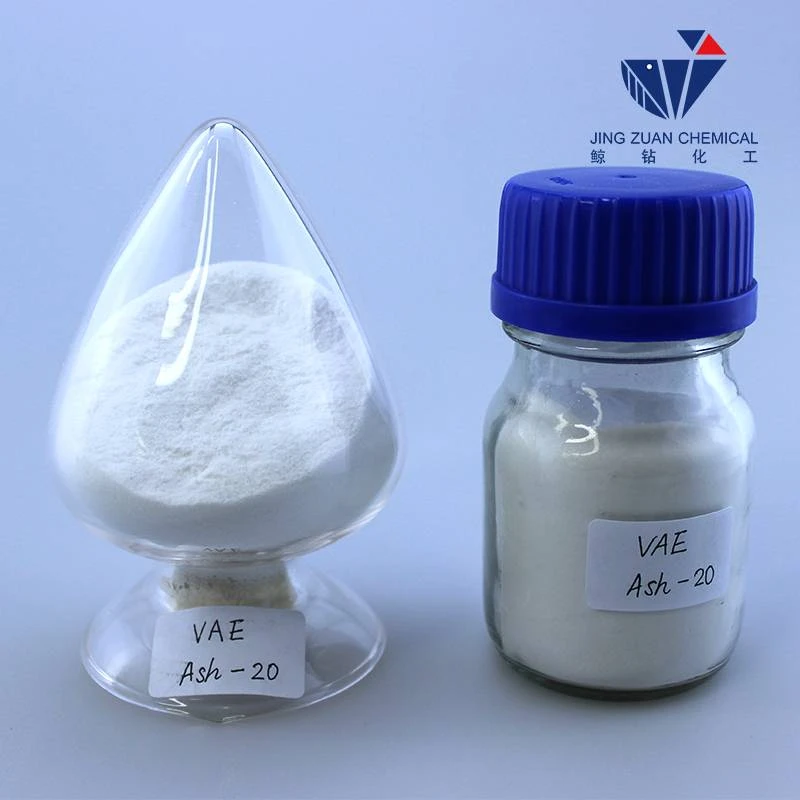
Nov . 04, 2024 19:20 Back to list
Influence of HPMC on Tile Adhesive Performance and Application Techniques
Understanding HPMC The Key Ingredient in Tile Adhesive
When embarking on a tiling project, whether for residential or commercial spaces, the choice of materials and adhesives significantly impacts the outcome. One essential ingredient that has garnered attention in the tile adhesive industry is Hydroxypropyl Methylcellulose (HPMC). This article explores the importance of HPMC in tile adhesives, its properties, and its benefits.
What is HPMC?
HPMC is a cellulose derivative widely used as a thickener, binder, and water-retaining agent in various applications, including tile adhesive formulations. This white, odorless powder, derived from natural cellulose, is soluble in cold water, forming a transparent gel-like solution. Its unique combination of physical and chemical properties makes HPMC a vital component in construction materials, particularly tile adhesives.
The Role of HPMC in Tile Adhesives
1. Enhanced Workability One of the significant advantages of HPMC in tile adhesive formulations is its ability to improve workability. HPMC increases the adhesive's slip resistance, allowing for better manipulation of tiles during installation. This is crucial for achieving precise alignment and preventing slippage before the adhesive sets.
2. Water Retention HPMC acts as a water-retaining agent, ensuring that the adhesive maintains its moisture for a more extended period. This property is essential, as it allows for sufficient curing time, enabling the adhesive to develop optimal bonding strength. In environments with high absorbency, such as concrete substrates, water retention helps prevent premature setting, which can lead to weak bonds.
3. Thickening Agent HPMC serves as an effective thickening agent in tile adhesives, allowing manufacturers to control the viscosity of their products. A properly adjusted viscosity ensures that the adhesive does not run off the tile, leading to better coverage and application. This characteristic is particularly beneficial for vertical applications, where gravity can affect the adhesive's performance.
tile adhesive hpmc

4. Improved Adhesion The addition of HPMC can significantly enhance the adhesion properties of tile adhesives. By promoting a better bond between the tile and the substrate, HPMC contributes to the longevity and durability of the installation. This is crucial in areas that endure high foot traffic or exposure to moisture.
5. Versatility HPMC can be easily incorporated into various types of tile adhesives, making it a versatile ingredient. It is suitable for modified thin-set mortars, high-performance tile adhesives, and rapid-setting formulations, catering to diverse needs in the tiling market.
Benefits of Using HPMC in Tile Adhesives
- Eco-Friendly Option As a derivative of natural cellulose, HPMC is considered more environmentally friendly than other synthetic additives. This characteristic makes it an attractive choice for manufacturers aiming to produce greener products.
- Non-Toxic HPMC is non-toxic and safe for use in construction materials, ensuring that it does not release harmful substances during or after application. This is particularly appealing for indoor projects where air quality is a concern.
- Cost-Effectiveness While incorporating HPMC may initially increase the cost of tile adhesives, its benefits in terms of improved performance and reduced labor costs during installation often lead to overall savings. The durability and longevity of the tiles also translate into lower maintenance and replacement costs over time.
Conclusion
In conclusion, Hydroxypropyl Methylcellulose (HPMC) is a crucial ingredient in tile adhesives, providing significant benefits such as enhanced workability, water retention, and improved adhesion. Its versatility and eco-friendly nature make it an attractive choice for manufacturers and consumers alike. As the construction industry continues to evolve, the role of HPMC in tile adhesives is likely to become even more prominent, promising efficient and durable solutions for tiling projects across the globe. Whether for residential kitchens or commercial spaces, choosing a tile adhesive formulated with HPMC could be the key to achieving a successful and long-lasting installation.
-
The Widespread Application of Redispersible Powder in Construction and Building Materials
NewsMay.16,2025
-
The Widespread Application of Hpmc in the Detergent Industry
NewsMay.16,2025
-
The Main Applications of Hydroxyethyl Cellulose in Paints and Coatings
NewsMay.16,2025
-
Mortar Bonding Agent: the Key to Enhancing the Adhesion Between New and Old Mortar Layers and Between Mortar and Different Substrates
NewsMay.16,2025
-
HPMC: Application as a thickener and excipient
NewsMay.16,2025
-
Hec Cellulose Cellulose: Multi functional dispersants and high-efficiency thickeners
NewsMay.16,2025







